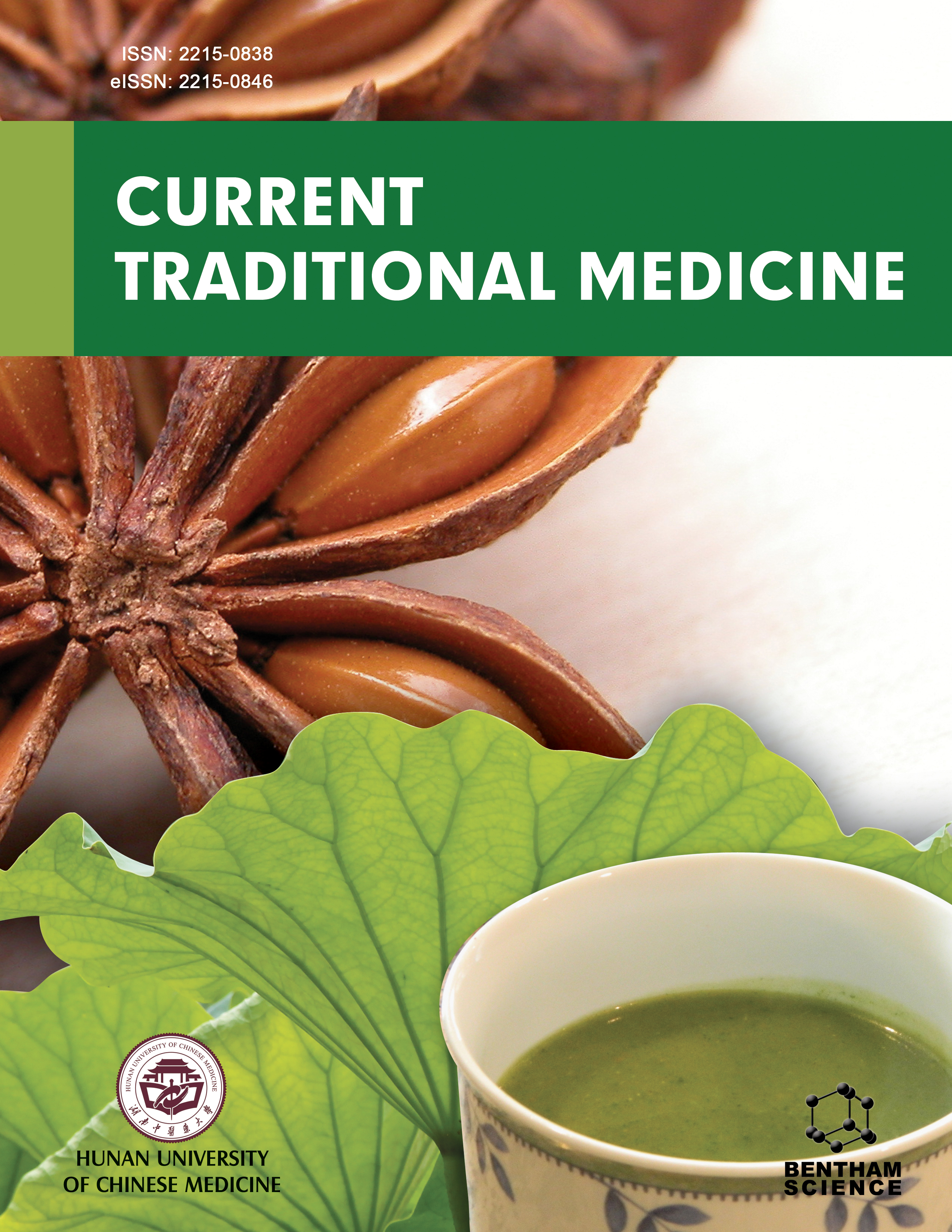-
s Boldo, Its Secondary Metabolites and their Derivatives
- Source: Current Traditional Medicine, Volume 5, Issue 1, Mar 2019, p. 31 - 65
-
- 01 Mar 2019
Abstract
Boldo leaves (Boldo folium, from Peumus boldus Mol.) are very frequently used as a medicinal herb in Chile and are exported to many countries to be used in teas or as extracts included in herbal remedies, primarily as an aid to digestion and as a mild sedative. Scientific support for these uses is scanty, and boldine, an alkaloid viewed as characteristic of the tree and present in high concentration in the bark, is extracted by specialized companies and sold as the supposed main active constituent. Consequently, boldine has been the subject of a considerable number of research papers, while some of the other alkaloids present to a greater extent in the leaves have been relatively neglected except when found in large amounts in other species. These studies range from assays of antioxidant activity to anti-inflammatory, antineoplastic and other medical applications. The essential oil, usually containing a large percentage of the toxic ascaridole, was once used as a vermifuge and is now regarded with caution, but is still of interest as a possible natural insecticide, fungicide, antiparasitic and herbicide. The last decade has seen an explosive increase in papers pointing to possible uses of boldo and its constituents. This review attempts to bring these publications together in a comprehensive way with the purpose of stimulating and orienting further research into the useful properties of this Chilean endemic tree.


